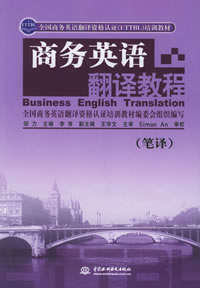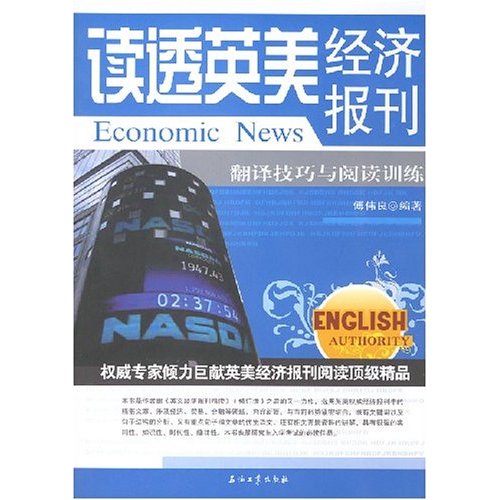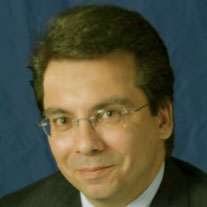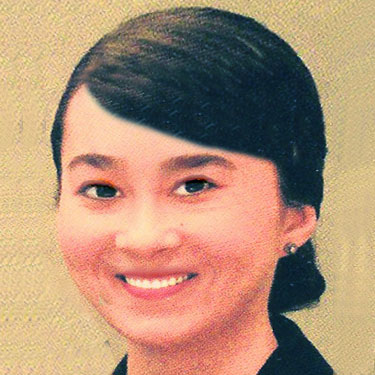Difficulties in Translating Medical Texts
作者:古龙 2009-07-04




语际翻译公司 转载请注明https://www.scientrans.com
∗本栏目部分文章内容来自互联网,部分已经过本站编辑和整理,如有版权事宜请联系Email/MSN jesczhao@hotmail.com
To translate or not to translate: that is the recurring question
“Durante o round, o staff prescreveu um dripping de insulina e ordenou um check up duas horas depois.” That is how it is said in Portuguese! Or at least that is the best way to make it understood in the medical environment. This is where the difficulties in translating medical texts begin: the use of terms in foreign languages — especially English — is so common that if we wanted to substitute round for its Portuguese equivalent “ronda,” staff for “chefe de equipe” and dripping for “gotejamento,” we would force the doctor-reader to “untranslate” a fair part of the text to be able to understand it. On the other hand, keeping these terms in their original language may render the text unintelligible to the layman, to students who are starting their course, or anybody else who has little knowledge of the foreign language. So, what to do?
Medicine is a field of knowledge in accelerated scientific and technological development that each year incorporates a large number of new terms into the medical lexicon. Because of the need to quickly update their knowledge, health professionals learn directly in the original language of the publication and stick to it in daily usage, including congresses and articles written in Portuguese.
It is only much later on that the first attempts to translate these terms start to timidly appear, and this leads to further problems: for a lot of words, it is not easy to find suitable corresponding terms in Portuguese, thus making translation difficult. This process is often carried out by medical students who have no translating experience and little knowledge of the source language, or especially of the target language. They can also be carried out by professional translators who are not familiar with the associated vocabulary or medical practice, resulting in seriously distorted meanings.
Amateur translators seldom perform in-depth research into terms that have already been translated in medical literature, which results in highly heterogeneous translations from one publication to another. Finally, medical translation is a poorly paid field, which is inevitably reflected in the quality. All these difficulties can explain doctors’ resistance to the adoption of translated terms and their consensual and definitive incorporation into the profession’s jargon.
Nevertheless, even though almost all of our medical knowledge is imported and not very well adapted to the Brazilian reality, adopting some simple measures can, at least, preserve the language we use. The first of these involves losing your fear and translating all foreign terms the very first time that they are published in Portuguese, thus avoiding their continued use in their original language. A good option, in certain cases, would be to keep the original in brackets to increase the reader’s comprehension.
It is fundamental for amateur translators to ask for linguistic advice from translation professionals to avoid the classic pitfalls and to have the text thoroughly proofread. Furthermore, professional translators who have no medical training must build up an extensive network of contacts with health professionals in order to be able to ask questions and discuss meanings. This advice is also valid for translators who do have medical training, because the field of medical knowledge is so vast that it is impossible for any one person to be familiar with the entire lexicon.
Extensive bibliographical research must always be undertaken to search for terms that have already been published in earlier publications, making an effort to stick with the choice made by the first translator (as long as it is sensible enough). Consistent translations make the text easier to understand and facilitate the incorporation of new words into the jargon. This basic translation concept is often neglected by amateur translators. Finally, if publishers and translation companies are committed to the products they provide, they must pay professionals satisfactorily. Poorly paid work leads to rush jobs, consequently lowering the quality of the final result. These measures will help improve the quality of medical text translations, whether you decide to leave the terms untranslated or not.
Diego Alfaro is a doctor with a medical degree, and has 10 years of experience in technical and literary translation and conference interpreting. He has translated some of the most widely used medical textbooks, scientific articles published in indexed journals, and materials related to the pharmaceutical industry. His working languages are English, Spanish and Portuguese. For full CV and contact, please visit https://www.scribatraducoes.com.br/eng/tradutores.html
来源:Сcaps Newsletter
- 相关文章

- 没有相关文章
- 评论
- seme:文章内容文章内容文章内容文章内容文章内容文章内容文章内容文章内容文章内容 章内容文章内容文章内容文章内容文章内容
- seme:文章内容文章内容文章内容文章内容文章内容文章内容文章内容文章内容文章内容 章内容文章内容文章内容文章内容文章内容

- 医生护士英语会话(11):西药(2)
2009-6-24 0:18:19 - 病人:早上好,大夫。 Patient: Good morning, doctor. ...
- 医生护士英语会话(10):西药(1)
2009-6-24 0:15:35 - 病人:我严重感冒。另外,还伴有头疼。请问我应该服用些什么药呢? Patient: I have...
- 第四届IEEE生物信息与生…
2009-6-30 19:42:01 - 基本信息 主办单位: 四川大学,IEEE生物医学工程协会(EMBS) 承办单位 开始日期 2010/06/18 结束日期 截稿日期 2009/1...
- 第九届全国光电技术学术…
2009-6-30 19:35:58 - 基本信息主办单位: 中国宇航学会光电技术专业委员会承办单位 开始日期 2009/11/01结束日期 截稿日期 2009...















